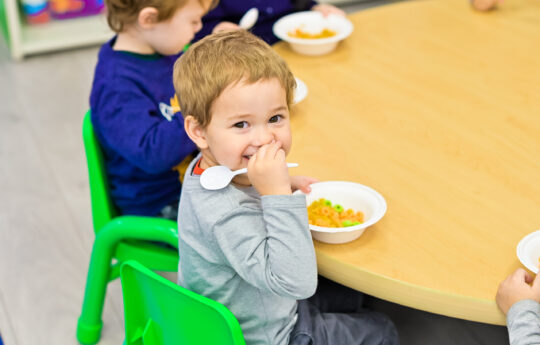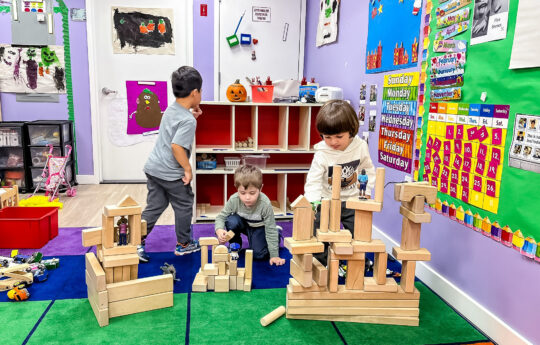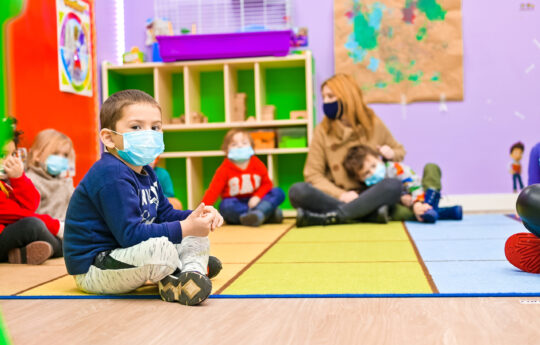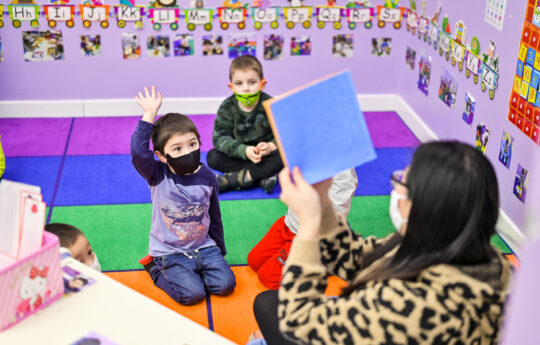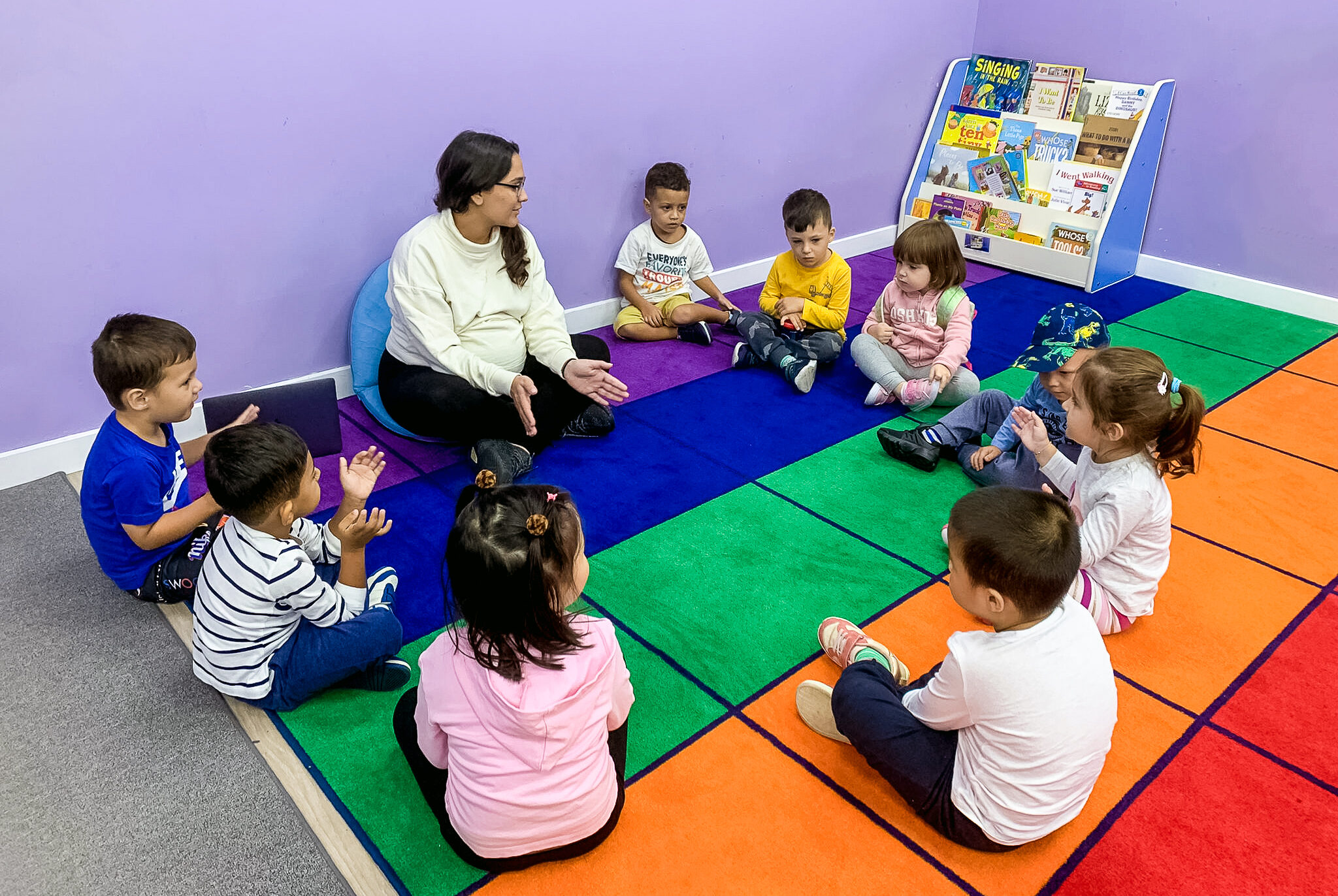
Every parent hopes to be the person their child turns to in a time of uncertainty and difficulty. But how is it even possible? How to make a child talk about their feelings, experiences, and problems?
For the first years of a baby’s life, the relationship with their mother is 100% trusting. The newborn is helpless and entirely reliant on the parent, which is something that is inherent in nature. Children at such a young age are also innocent and still forming their understanding of what is “good” and “bad”, “lies” and “truth”. The person they’re confident in with all of their problems and experiences over the first few years of their lives is still their mother.
However, when a child gets older, they drift away from their parents and form a new social group with different people, first in daycare and subsequently at school. They develop analytical and critical thinking skills and fight for the freedom to handle their own problems, which sometimes can lead to situations when the child does not talk about problems with their family.
Look for Clues in Their Play
When there are issues, sometimes the child is scared or too ashamed, or hesitant to notify their parents. How to understand that the child is scared to tell you something or is struggling with problems and encourage them to open up? Because of severe parental guidelines or absolute control, kids occasionally don’t want to talk about their experiences. It’s crucial that parental supervision doesn’t become excessive.
Psychologists have identified a number of symptoms indicating a child may be exhibiting emotional distress, including:
- disordered eating behaviors,
- weight loss,
- headaches that last for days on end,
- mood swings,
- being alone in one’s room,
- difficulty waking up,
- psychosomatic headaches,
- aggressive behavior,
- being distracted while doing homework,
- obsessive movements or twitching.
Children always ask for help. Only, their “distress signals” are frequently not straightforward. Because we think it is preferable to deal with the consequences of their distress, we have not yet learned to detect and respond to these signals.
If a child is too frightened to talk
Children who get frequent reprimands from their parents and no advice grow used to being scared to discuss issues. It’s very harmful to kids when they inform their parents about a certain problem in their life, and they reprimand them, telling them that they were wrong and that it was their own problem. Analyze yourself and how you respond; perhaps there is something about you that you just are not aware of. Or you just demand a lot of things that the child cannot do.
Learn to listen to your child and see them as an equal companion. Pay more attention to your kids, put aside everything and find the right moment for communication. Try to be their true friend! You may build a friendship and a trustworthy relationship with your child by taking baby steps. In fact, every child wants to tell something to their parents, to be friends with them, but often do not know how to do it! No matter how strong and independent children may appear to be, parental support is crucial for them, so be supportive and open-minded in your child’s upbringing.
If a Child is Aggressive or Misbehaving
When the child does not talk about problems, frustration builds up in them and may result in aggressive behavior. What signs of hostility do children show sometimes?
- When a child cries inconsolably, they are expressing anger and wrath.
- An angry outburst and physical assault on a peer, fighting over who gets to keep the toys, etc.
- The development of symbolic forms of aggression, like whining, disobedience, stubbornness, etc., may occur if parents at this age are intolerant of the child’s behavior.
Aggression can occur in the following cases:
- It is an effort to go over a barrier to meet demands and achieve emotional equilibrium in response to dissatisfaction.
- As a final option after the kid has tried everything to show their frustration.
The easiest approach to stop a young child from becoming overly violent is to show them affection.
If your Child is Worried about Scary News
Every human has a fundamental desire for security. Children can only explore the world, develop apart from their parents, and mature if they feel safe. We have no control over the outside world, but we do have control over how we see it and the projections we make on our children. Although there is just the appearance of security in the society we live in today, we may nevertheless provide a child with a secure foundation.
A child wants to rely on their parents during challenging situations. When a child is scared, try to divert them with:
- games;
- drawing, sketching, and coloring books;
- using a tear-off applique (tear colored paper into small pieces with your hands and make a collage of these pieces with the help of pencil glue);
- breathing exercises (exhale longer than inhale) – whistle, flute, soap bubbles, etc.;
- fantasizing – draw, model, create an imaginary magical safe world;
· having a sincere, heart-to-heart talk.

